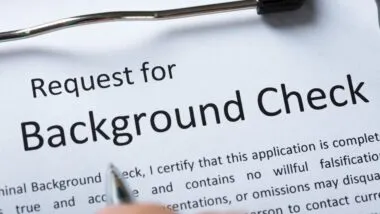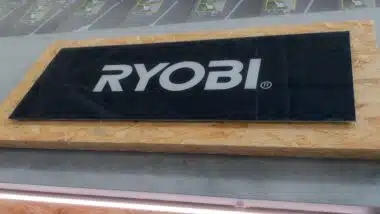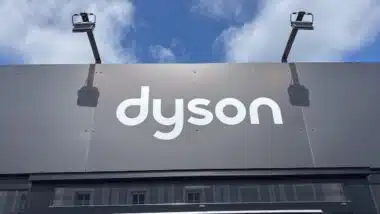
Consumers across America are being encouraged to closely analyze the debit or credit card receipts by checking to see if the receipts contain full credit card numbers.
Full credit card numbers are important pieces of personal identifiable information, highly valued by not only the consumer but to the many fraudsters awaiting the information.
Full credit card numbers provide access the consumer’s personal finances, to which identity thieves and credit fraudsters use or sell for their own purposes.
To decrease their chances of becoming a victim to identity fraud, consumers are gaining awareness of the importance of their receipts as well as their full credit card numbers. For example customers are starting to learn that under the Fair and Accurate Credit Transactions Act (FACTA), receipts are more secure than in the past and can go a long way to prevent fraud.
Under FACTA, only the last five digits of the debit or credit card can be shown on printed receipts, with the expiration date not present.
Even if full credit card numbers are not revealed on the receipts, the numbers that are revealed should be treated as sensitive information as they can still be used by fraudsters to phish out the full number.
Consumers are also becoming aware that handwritten receipts, once a common transaction record at mom and pop businesses and boutiques, may not be secure since the full account number is printed or imprinted on the receipt. FACTA consumer protection does not apply to handwritten receipts.
If a merchant does not have an electronic printing device that does not meet FACTA standards, consumers are encouraged to opt out of taking a receipt. This is because there is no way to know what happens to their debit or credit card numbers after the transaction. In this situation, it is recommended that consumers use cash.
Overview of FACTA Policy
The United States federal government enacted the Fair and Accurate Credit Transactions Act, which required merchants to adhere to certain guidelines pertaining to debit and credit card receipts. This Act was implemented in 2003, in order to help reduce the growing number of identity theft and credit card fraud cases.
Under FACTA, merchants are required to perform truncation on full debit and credit card numbers to prevent them from being revealed on a printed receipt.
In order to be FACTA compliant, the printed receipts must show no more than the last five digits of the debit or credit card numbers with the expiration date completely omitted. The receipts must conceal full credit card numbers by using different symbols, such as the # or *, so the cardholder’s information is protected.
FACTA policy applies to all printed customer receipts produced by cash registers, self service kiosks, and restaurant tickets provided to customers. Merchants who do not adhere to FACTA could potentially face legal charges, with potentially $1,000 per violation.
Consumers who believe their merchants did not adequately perform truncation under FACTA policy could be able to file legal action. Potential claimants should contact a specialized lawyer to determine their eligibility for a FACTA lawsuit.
Free FACTA Class Action Lawsuit Investigation
If you made one or more purchases and the retailer provided you with a receipt that contained more than the last five digits of your credit or debit card number or the expiration date, you may be eligible for a free class action lawsuit investigation and to pursue compensation for these FACTA violations.
ATTORNEY ADVERTISING
Top Class Actions is a Proud Member of the American Bar Association
LEGAL INFORMATION IS NOT LEGAL ADVICE
Top Class Actions Legal Statement
©2008 – 2025 Top Class Actions® LLC
Various Trademarks held by their respective owners
This website is not intended for viewing or usage by European Union citizens.












